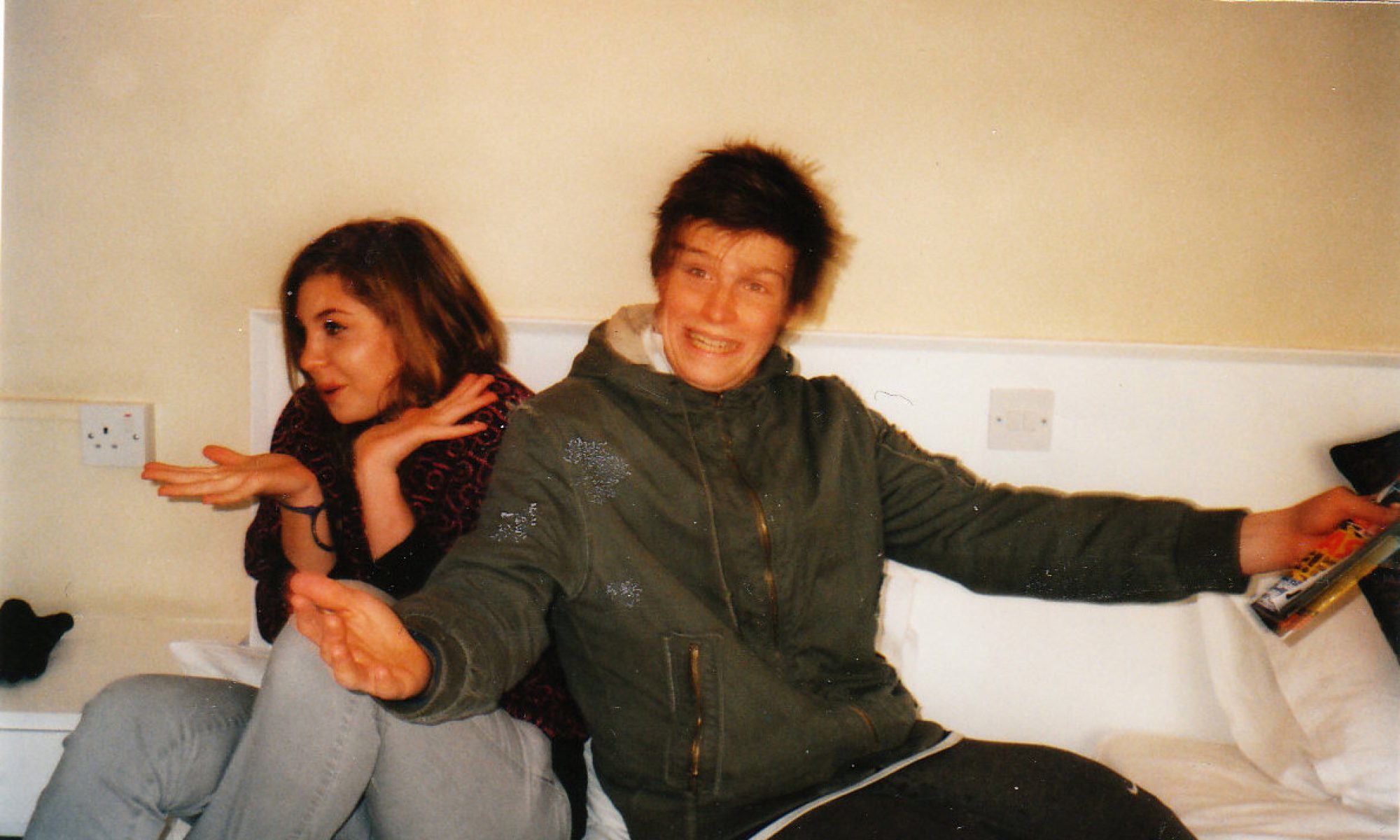Thank you to my dear friend Jane who alerted me to this article
”I never met my brother Jonathan. He would have been the gentle one of the family. Or so my mother says. But he died in his sleep a few years before I was born. Even now, over half a century later, the pain of his loss remains a defining part of our family story. His ashes are kept in a birdbath at the bottom of my parents’ garden, a constant reminder of his short life. And their tears, prompted by anniversaries or some familiar smell, will never pass.
What people often say when they meet someone who has been recently bereaved is that they don’t know what to say. And, generally speaking, that’s not such a bad thing to say. Much better to say that than to say nothing. OK, don’t say “there’s a reason for everything”, or “I know how you feel”. But better to say something, even if you feel it’s a bit goofy or awkward. My mum tells the story of a neighbour who chose to walk down a different supermarket aisle when she saw her coming. She was too frightened to talk to the woman who had just lost her baby.
I’m having dinner with my friend Decca Aitkenhead. Two years ago her partner, Tony, drowned in the sea off Jamaica and she’s just published a remarkable book called ‘All at Sea’. People have been calling the book “brave”, though I’m not keen on connecting that word with grief as it’s often a way of encouraging people not to make outward expression of inner distress – “be a brave boy” being code for “don’t cry”. What Decca’s book doesn’t include is that a year after Tony died she was diagnosed with breast cancer, the same cancer that killed her mother.
So Decca knows a thing or two about grief and, more specifically, about other people’s reactions to it. We begin to talk about the complex dynamic that often takes place between the bereaved and their would-be comforters. The comforter is willing to reach out but is anxious, not knowing what to say. So the comforter pulls back for fear of getting things wrong, decides not to make the phone call, walks down the other aisle in the supermarket. And so, precisely at the point when human contact is needed most, it disappears.
There is commonly a double loneliness to grief – the loss of the loved one who has died and the loss of those who withdraw. Many people are not prepared to, or are simply not capable of, sharing in the darkness, staying with it. Indeed, often it’s the bereaved person themselves who ends up feeling pressure to comfort and reassure those who are supposed to be their comforters. And not wanting others to run away, it’s common for the bereaved to feel obligated to disavow the extent of their own darkness, to say that it’s not so bad, that things are getting better etc.
I’ve been taking funerals for over 20 years. I still remember my first – a bit like a nervous lover, how anxious I was not to say or do anything wrong. But what I now know is that no well-chosen phrase is ever going to make things better. Words are unable to fix it, so don’t try and force them to do things they can’t. And nor will an artificially sympathetic face. Bereaved people don’t want you acting all weird around them. Compassion literally means to suffer with, to suffer alongside. You stand with people in their darkness so it’s not so lonely there. Yes, it’s OK to laugh and smile. But the most important thing is simply to be there and listen and not be frightened by not being able to make things right.
In the Bible, Job’s so-called comforters were a useless lot, always trying to make some religious sense of the tragedy that had befallen him. In fact, the Book of Job’s line on talking to the bereaved is probably: don’t try and rationalise things, theologically or in any other way. That’s often more about the comforter’s need to explain away the darkness than the need of the bereaved, who is living it and knows its reality.
When the brilliant Gillian Rose wrote about her battle with cancer in ‘Love’s Work’ she employed an epigraph from an early 20th-century Russian Orthodox monk, Silouan the Athonite: “Keep your mind in hell and despair not.” Or, very roughly translated: just hold their hand and let them talk and cry. And don’t run away. It’s actually much harder than it sounds.”
What I would like to add ,( in not such an eloquent way )
..it is me who runs the gauntlet in the supermarket .Sometimes I just cannot face bumping into people who have upset me i.
….if you don’t what to say , just a touch or a ‘I don’t know what to say ‘ is fine .No platitudes and NO comparisons please
….compassion is when someone is compelled to act . I found when people tell you how compassionate, kind ,soft etc ..they are , they usually aren’t .The ones who do it for no glory , continue to be my rocks .
…empathy ,empathy, empathy ….whatever the other persons sadness is about , it is not about YOU
….I agree – ‘brave’ , is a bad one . You have no choice and so when people tell me ‘you’re brave ‘ , or ‘I wouldn’t be able to go if my child died ‘it makes me feel pants as 1. I am not brave and 2. Does that make me a hard bitch as I have carried on and am very grateful for a good life and the choices I have ?
